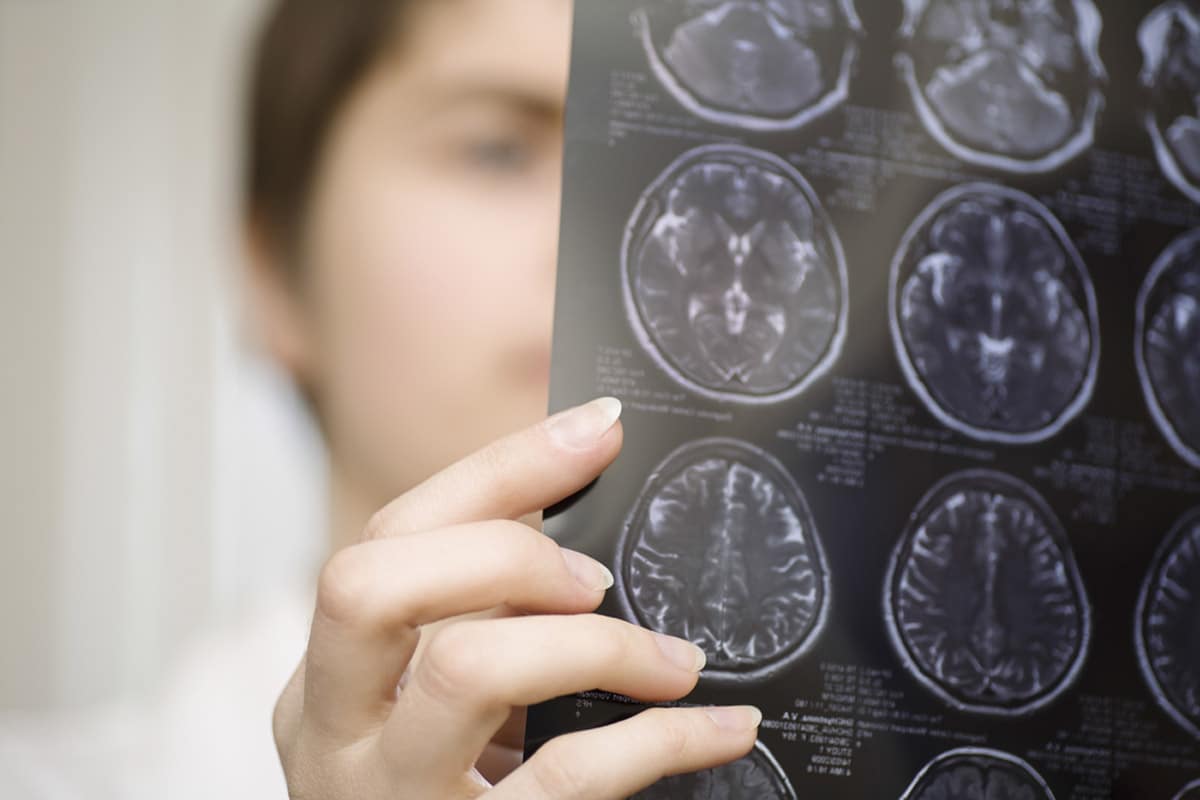Head injuries can have profound and lasting effects on individuals, impacting their physical health, cognitive abilities, and overall quality of life. In response to these challenges, head injury law has emerged as a critical legal framework aimed at protecting the rights of those who have suffered head injuries due to accidents, negligence, or intentional actions. This legal field encompasses regulations, compensation mechanisms, and legal processes designed to address and prevent head injuries while advocating for the well-being of affected individuals. In this article, we will delve into the essence of head injury law, its key components, and its role in ensuring justice and support for head injury victims.
Understanding Head Injury Law:
Head injury law comprises legal provisions tailored to cases involving head injuries, which can range from concussions to severe traumatic brain injuries. It outlines the rights and responsibilities of both victims and responsible parties in the event of a head injury.

Safety Measures and Prevention:
A central aspect of head injury law is the establishment of safety measures to prevent head injuries. This can include regulations related to helmets, workplace safety protocols, sports safety guidelines, and more.
Compensation and Damages:
Head injury law often provides avenues for compensation and damages to head injury victims. This can encompass medical expenses, ongoing treatments, rehabilitation costs, lost wages, pain and suffering, and long-term care needs.
Liability and Negligence:
In cases where head injuries are caused by negligence, recklessness, or intentional actions, head injury law allows victims to seek legal remedies. Responsible parties can be held accountable for their actions.

Medical Evidence and Documentation:
Head injury cases often rely on medical evidence to establish the severity and implications of the injury. Legal professionals specializing in head injury law gather medical records, expert opinions, and other documentation to build a strong case.
Advocacy for Victims:
One of the primary roles of legal experts in head injury law is to advocate for the rights and well-being of head injury victims. They ensure that victims receive appropriate compensation and support in their recovery journey.
Navigating Complexities:
Head injury cases can be complex due to the intricacies of medical evidence and the long-term consequences of such injuries. Lawyers specializing in head injury law are well-equipped to navigate these complexities.
Promoting Safety and Education:
Beyond individual cases, head injury law contributes to the promotion of safety awareness and education. This can lead to improved safety measures in various contexts, from sports to workplaces.

Head injury law plays a vital role in protecting the rights and well-being of individuals who have suffered head injuries. It encompasses safety regulations, compensation mechanisms, and legal avenues for victims to seek justice. By advocating for victims’ rights, promoting safety measures, and providing legal support, head injury law contributes to the prevention of head injuries and the support of those who have endured the physical, emotional, and cognitive challenges associated with such injuries.




